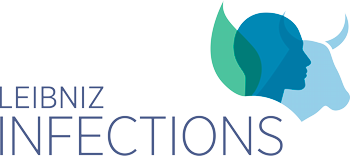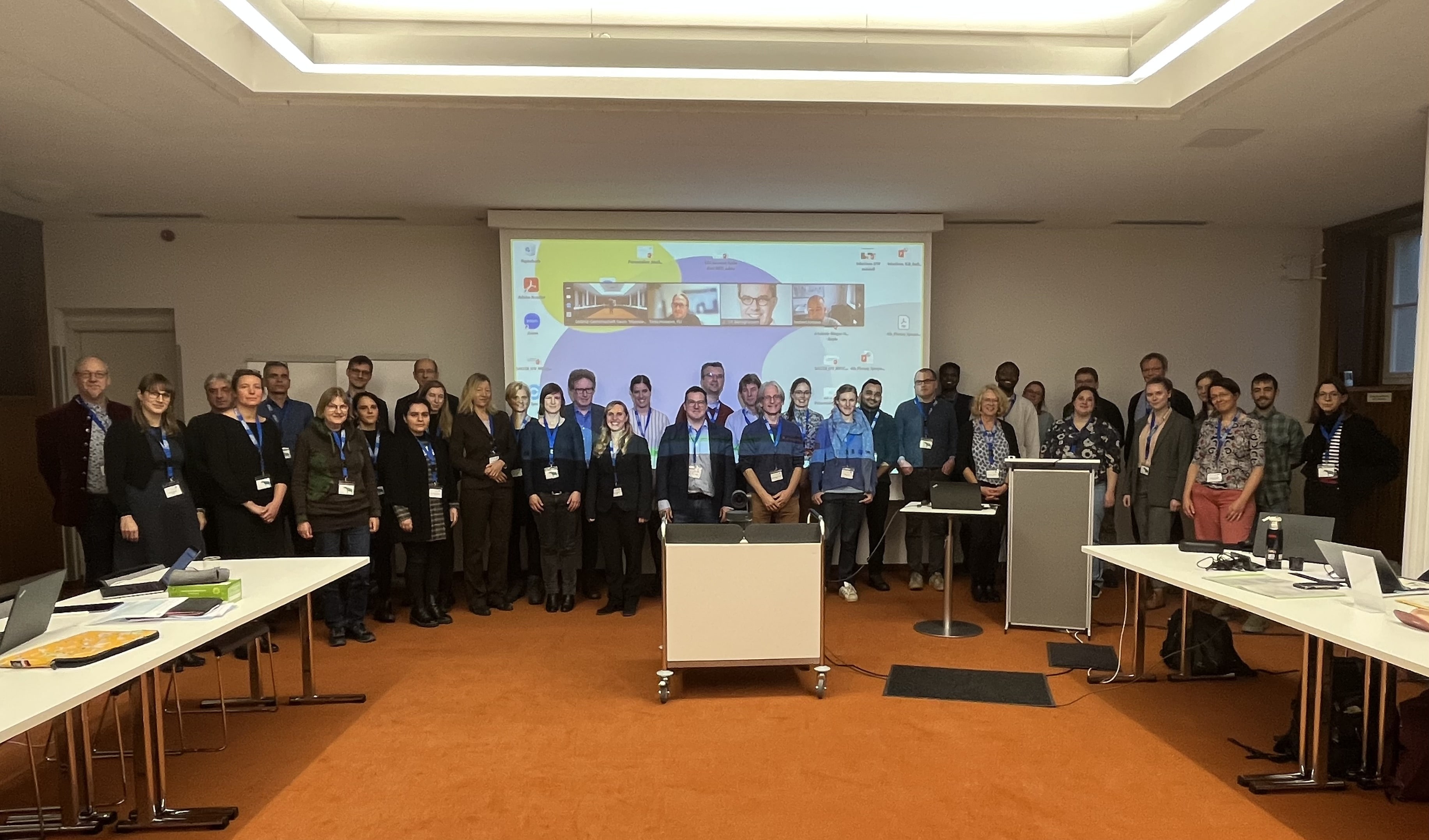On May 11 and 12, 2023, the representatives of the Leibniz Research Network INFECTIONS will meet for their 5th plenary meeting in Hamburg. This year's meeting will be hosted by the German Institute for Global and Area Studies / Leibniz Institute of Global and Area Studies (GIGA). Together, the progress of current research projects will be discussed and new projects, such as the first Citizen Science project of the alliance, in which the GIGA is also actively involved, will be presented.
Resistant pathogens are on the rise worldwide. The World Health Organization (WHO) has declared antimicrobial resistance (AMR) as one of the top ten public health threats in the present and near future.
But what exactly is AMR and how can it develop? Antimicrobial resistance occurs when germs, fungi or other microorganisms resist active ingredients in drugs, making them ineffective. This can occur, for example, through changes in the cell wall, the production of enzymes or mutations in the genetic material. The germs can thus become resistant to individual active ingredients or even to an entire group of drugs. Other factors that may play a role in the emergence of resistance include the excessive and improper use of these drugs in animal husbandry and in humans, as well as increasing mobility, climate change and emerging pathogens.
To address these challenges, the Leibniz Research Alliance (LRA) INFECTIONS (formerly INFECTIONS'21) was founded 7 years ago. Currently, 18 Leibniz Institutes and 3 external partners are collaborating in this network to develop new strategies and methods for early warning systems, improved management of outbreaks and optimized containment of pathogen spread in an interdisciplinary and cross-disciplinary manner.
At the center of the research is a virtual transect covering natural, agricultural and urban areas. The projects of the network are located along this imaginary line. Diverse topics such as the influence of water, different fly species, the role of self-medication and containment measures in hospitals in different geographical contexts on pathogen spread are studied.
Twice a year, the researchers of the alliance meet to exchange ideas and discuss the status of the research projects. For the plenary meeting in May, the GIGA took over the organization and hosting and invited the scientists to the Alster in Hamburg. During the 2-day event, the members of the network will have the opportunity to submit and present proposals for so-called "Seed Money Projects" (SMPs). With the help of start-up funding, small flanking research projects can be realized. Two LRA associated SMPs already exist: SMP1 and SMP2. In addition, the first research project with citizen participation, a so-called Citizen Science Project, will be presented. In this project, in which a total of six partner institutes of the network are involved, an inventory of different fly species all over German living spaces will be carried out.


